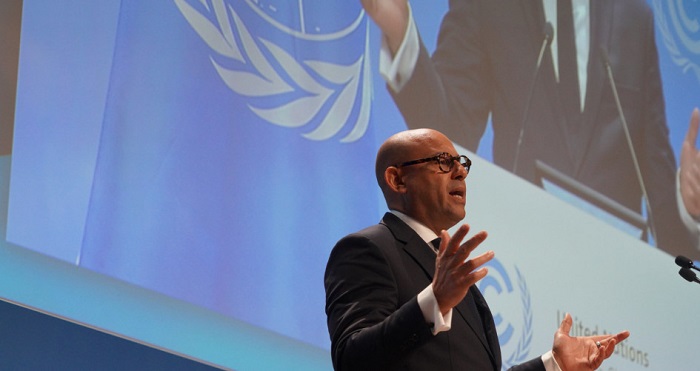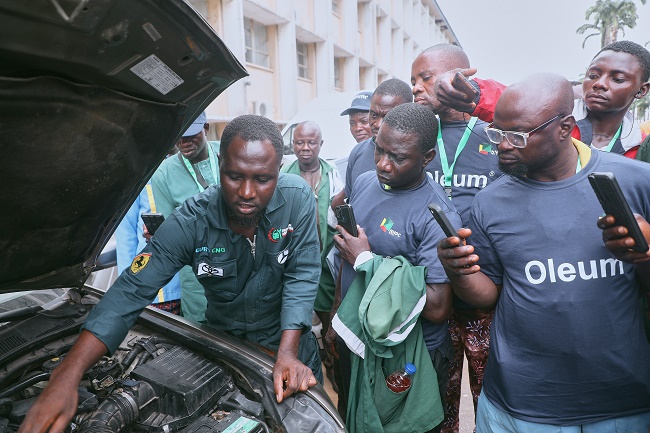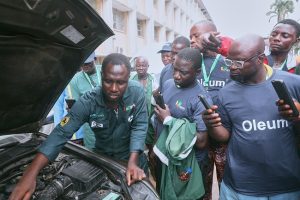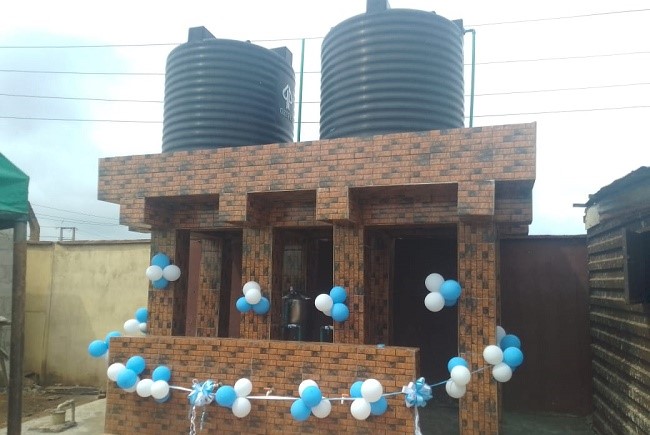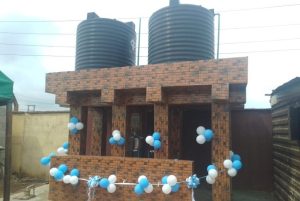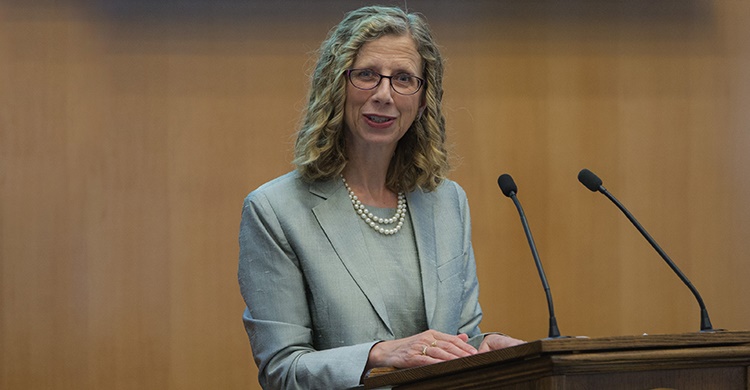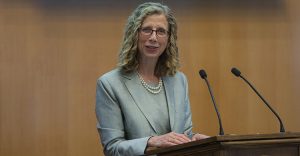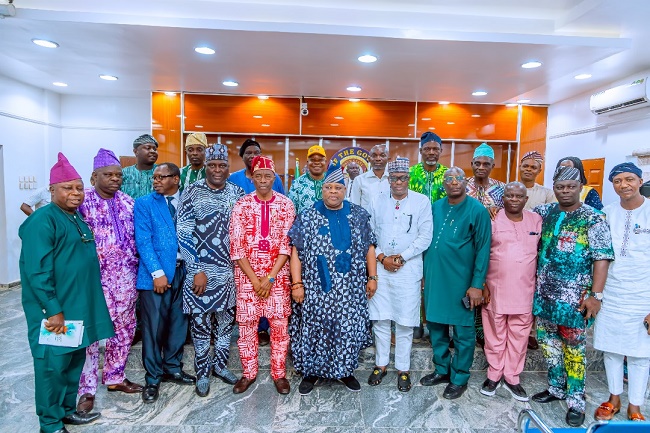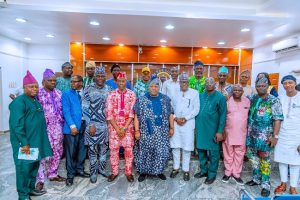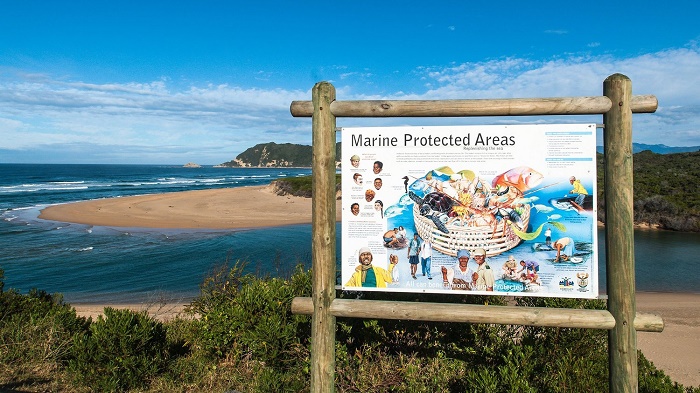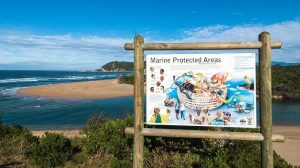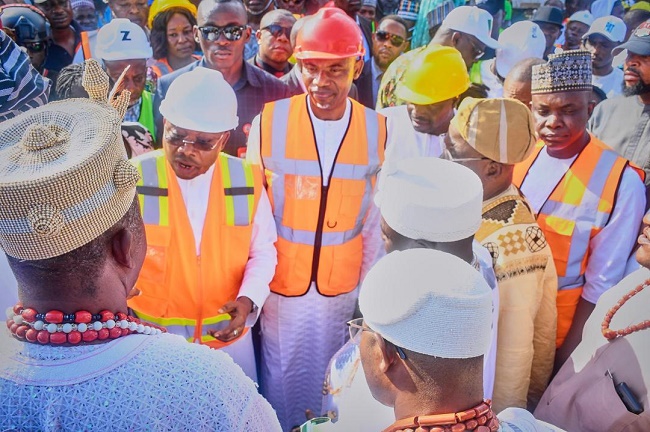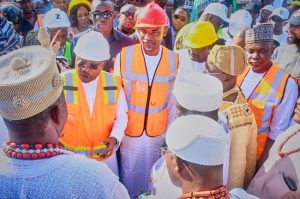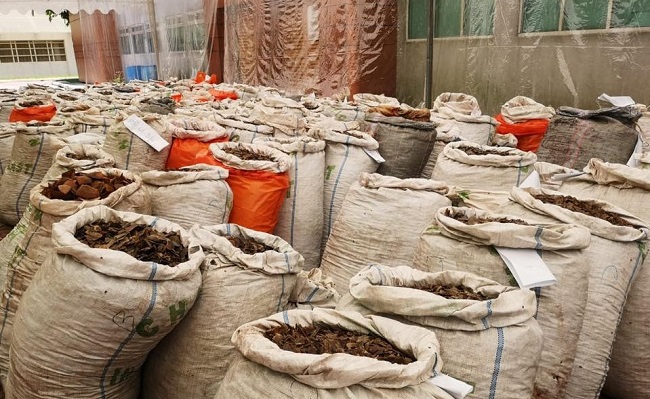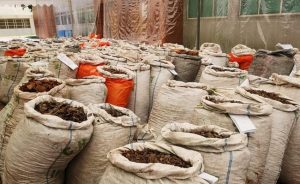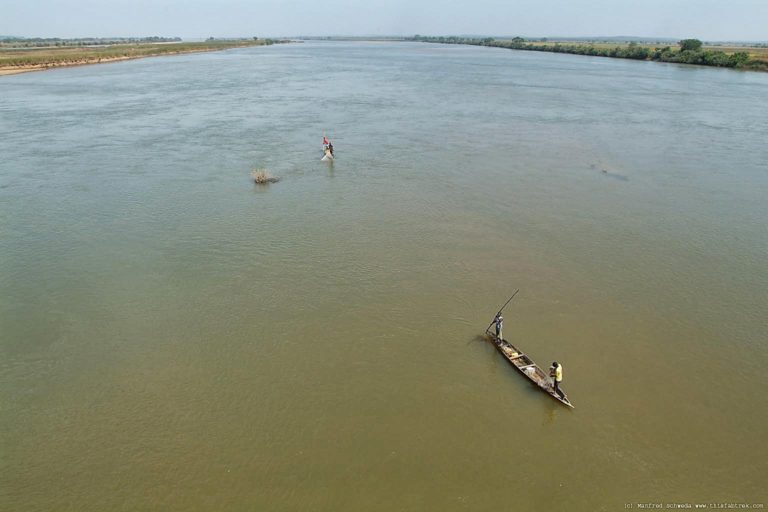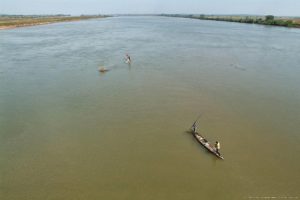UN Climate Change Executive Secretary, Simon Stiell, spoke at the Brookings Institution’s Global Economy and Development Programme Virtual Event on Thursday, October 17, 2024
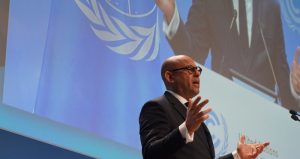
Today I want to talk to you about climate finance – where we are, where we’re going, and where we need to be.
And the changes to make and the actions to take to get finance flowing to every sector of every economy.
So, let’s start by asking, where are we now on climate finance?
In the past decade we’ve seen some real progress.
Over a trillion dollars was invested in climate action last year globally. Up from a few hundred billion a decade ago.
According to the OECD, in 2022 developed countries provided and mobilised more than 100 billion dollars in climate finance to developing countries.
We got this far because first movers and smart governments – who had the means – seized their chance. They saw the opportunity and grabbed it.
But relative to where we need to be – this is nowhere near enough.
This year we’ve seen hundreds of billions of dollars of damage to countries rich and poor.
So many have suffered here in the U.S. from Hurricane Milton and Helene’s devastating damage. My own home island of Carriacou took a direct hit from Hurricane Beryl only a few months ago.
And even those who’ve avoided direct damages have been hit hard by inflation as supply chains are blocked and broken.
We simply can’t afford a world of clean energy haves and have-nots. In a two-speed global transition, pretty soon everyone loses.
Because we can only prevent the climate crisis from decimating all economies – including the largest – if every nation has the means to slash greenhouse gas pollution and boost climate resilience.
So, we know trillions more are needed.
Doing so is a crucial investment to protect the global economy and will be a fraction of the costs every nation will pay if we allow the climate crisis to keep running rampant, devastating more and more lives and livelihoods every day, every week, every month and every year.
So, how can we take the next step to ensure a transition where more countries and companies benefit, and where all peoples and communities are genuinely protected?
International climate finance must grow up, step up, and scale up, to meet this moment.
On Monday, the World Bank Annual Meetings begin. They are once again a huge opportunity to create change.
Because Multilateral Development Banks will be at the heart of this transition. Just this week the World Bank announced more concessional lending for climate. And the IMF is looking at ways to incorporate climate action and risks right across their work.
This is good news. But incremental increases won’t lead to an exponential surge of investment and green growth. On climate finance, we have a need for speed, and without much larger scale, all economies will fail.
So many countries are facing debt crises that amount to fiscal straight-jackets, making it near-impossible to invest in climate action.
At the Annuals, we must see further signals that the World Bank and IMF are committed to ensuring developing countries have funds and the fiscal space for climate action and investment, not devastating debts and sky-high costs of capital.
Debt relief and introducing more climate-related debt clauses are a start. So is replenishing the World Bank’s International Development Association.
And it’s not just up to development banks. The G20 countries are their largest shareholders and must fund them properly and demand more, including wider reforms to the international financial architecture, while also working to find new and innovative sources of finance.
Under Brazil’s G20 leadership, climate and finance ministers have finally been brought together. This essential collaboration must continue and be translated into clear outcomes.
Progress on climate finance outside our negotiation process enables breakthroughs within it and vice- versa. If we fail at either, it could be a knock-out blow to crucial parts of the Paris Agreement.
So ambitious outcomes at the Annual Meetings are vital to enable bolder climate actions that boost economies and strengthen societies everywhere.
At COP29 in Baku all governments must agree a new goal for international climate finance that truly responds to the needs of developing countries.
COP29 must be the stand-and-deliver COP, recognising that climate finance is core business to save the global economy and billions of lives and livelihoods from rampaging climate impacts.
It’s not my job to prejudge what the new goal will look like. But it’s clear public finance must be at the core.
As much of this finance as possible needs to be grant or concessional and must be made more accessible to those who need it most.
And we must make climate cash count, wherever possible leveraging more private finance and sending signals to financial markets that green is where the gains are.
The vital business of who pays and how much can be agreed in Baku, but we are not going there to renegotiate the Paris Agreement.
It’s also important we put in place mechanisms to track and ensure that promised funds are delivered.
More work also has to be done to rapidly ramp up funding for adaptation and get international carbon markets working for everyone.
We must fund a new generation of national climate plans. To protect the progress, we made at COP28 and convert the pledges in the UAE Consensus – to triple renewable energy, double energy efficiency, boost adaptation and transition away from fossil fuels – into real-world, real-economy results.
And we must get the Loss and Damage Fund working fully, dispersing money to those who need it the most.
This is a moment of profound fracture between nations and within them. In times like these, there is the temptation to turn inward. A delusional belief that what happens in my neighbor’s backyard is not my problem or my concern.
If we go down this path, it will soon be game-over in the world’s climate fight. So, let’s instead choose the game-changer path ahead – the one that recognises that bigger and better climate finance is entirely in every nation’s interest and, and can deliver results everywhere.
Let’s choose the path that focuses on solutions and ensuring the massive benefits of bolder climate action – stronger growth, more jobs, better health, secure and affordable clean energy – are within all nations’ reach.
That is the only pathway to every nation surviving and thriving.

